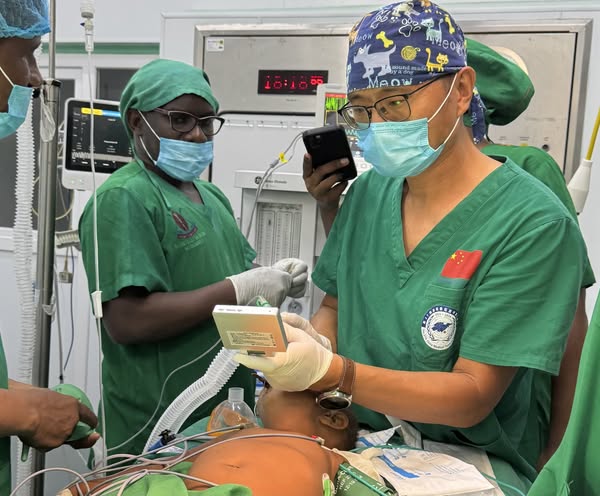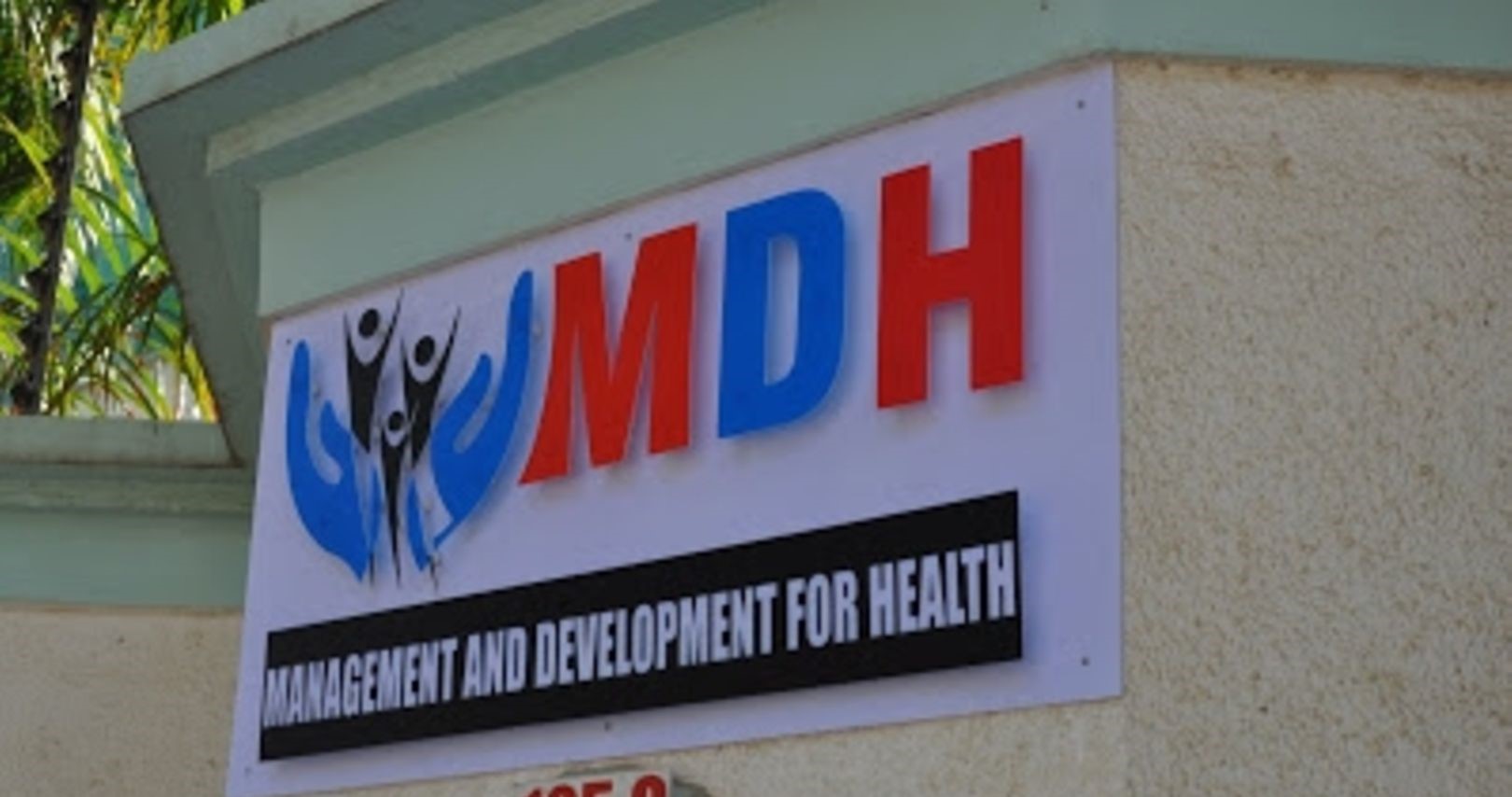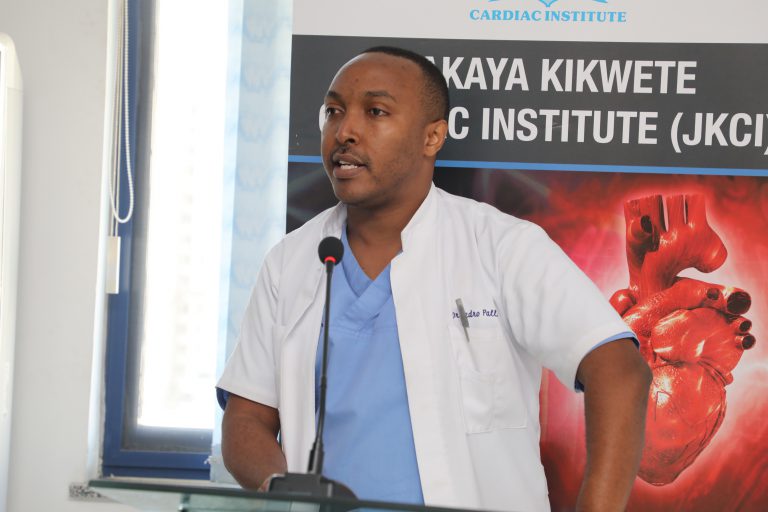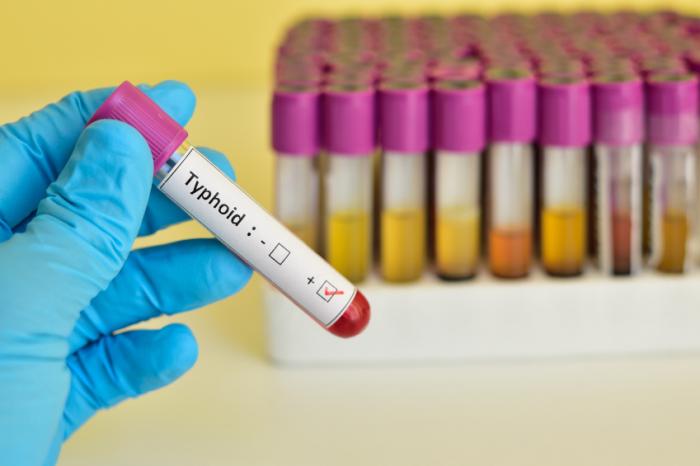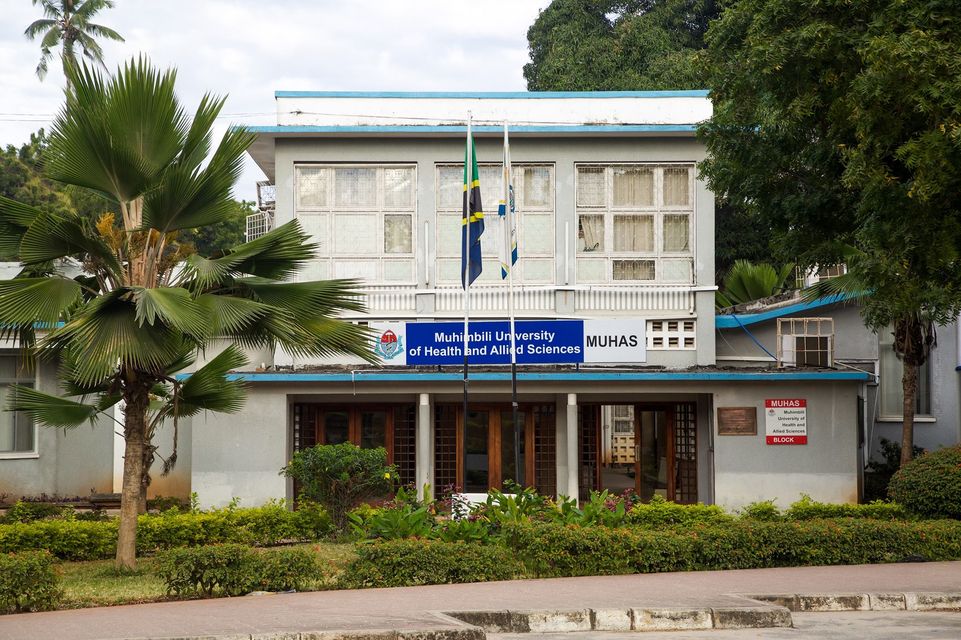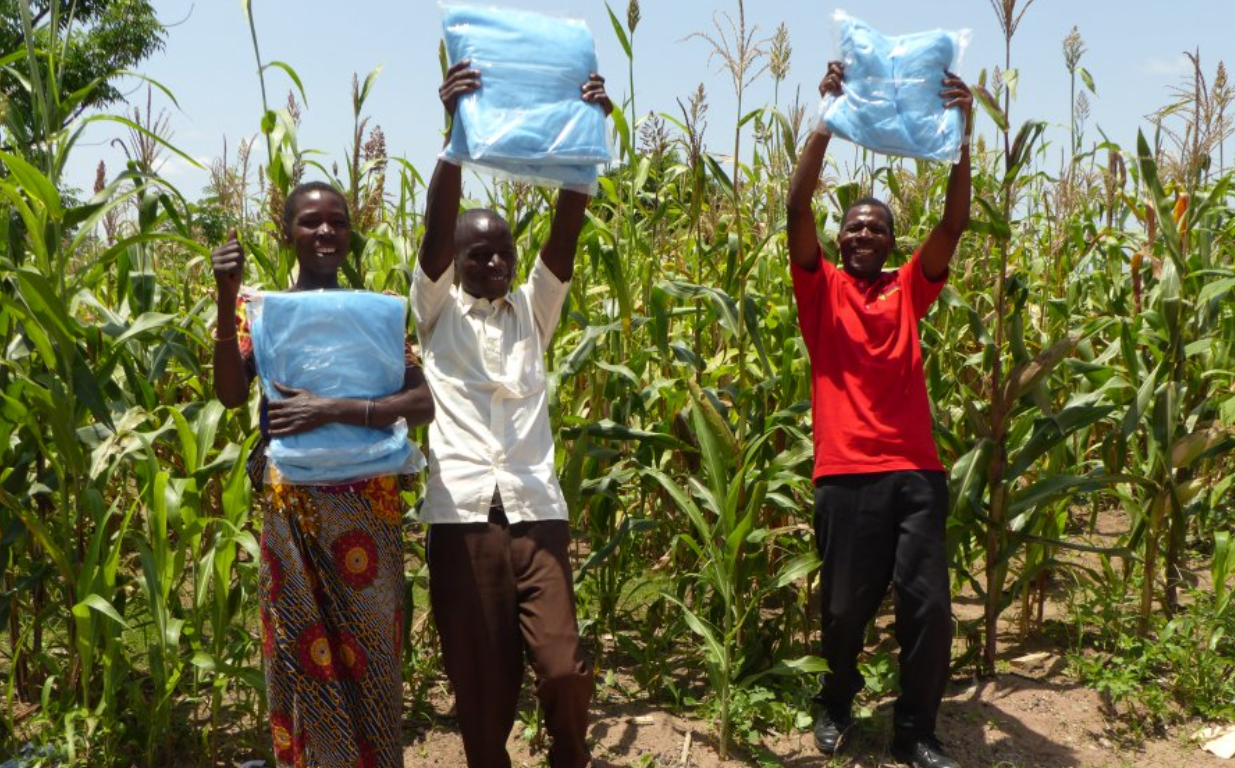- Average age of COVID-19 patients is 41 years, the study finds
- The results come at a time when research on COVID-19 in Tanzania is still in its infancy stages
- Independent scientist uses the data to call into question the political narrative on the pandemic
The first study in Tanzania to examine the characteristics of COVID-19 patients and the outcomes of their treatment reveals about three-quarters of all patients were under the age of 60.
Scientists studied the COVID-19 patients in the early months of the outbreak in the East African country amid scarcity of data on the pandemic.
Results of the study were made available online since January 6 (2022) in the IJID Regions, an official journal of the International Organization for Infectious Diseases (ISID).
Researchers tracked 112 patients and of these, 92.6 % were hospitalized, while 9 patients (7.4 %) were out patients.
From April 1 to May 31, 2020 the researchers enrolled patients from two referral hospitals in Dar es Salaam and monitored them for 21 days.
Independent scientists view the study as one of key hard data to demonstrate the evidence of the denialism that underpinned the COVID-19 story in Tanzania.
For a year (since May 2020), Tanzania did not release data on COVID-19 infections and deaths. In the subsequent months, researchers were also restricted from researching on the pandemic.
Also read: Inside Tanzania’s COVID-19 research agenda: The Rise, Fall and Rise again
The latest study—to some extent—helps to bridge the gap of information on the pandemic in Tanzania. It’s only in recent months that studies the pandemic have resumed in the country.
According to findings of the study on characteristics of COVID-19 patients in Tanzania, the age of the studied patients reflects the number of people infected with the coronavirus in Africa.
Six out of 10 patients enrolled in the study are men, followed by those with conditions involving the respiratory system such as asthma and tuberculosis.
The average age of all patients was 41 years, equivalent to saying the age ranged from 30 to 54 years, data show.
The average age is similar to that reported in South Africa but slightly lower than that reported in China, Libya, the United States (New York) and Italy, where the average age was higher, with patients being older compared to Tanzania and South Africa.
Headache was the symptom reported among 55% of patients, followed by fever by 49 percent.
Professor Sayoki Mfinanga, a public health Specialist and researcher from the National Institute of Medical Research (NIMR) is the lead author of the study.
He says that the symptoms found among patients during the study are similar to those reported worldwide. But he says, “…symptoms such as shortness of breath, altered consciousness, and neurological signs were significantly associated with mortality in the COVID-19 patients.”
“…physicians in health facilities should give maximum attention to patients with these kinds of symptoms during the management of COVID19,’’ he suggests.

Other symptoms identified in the study include cough, chest pain, fever, body fatigue as well as respiratory problems.
However, since the study was carried out, data from other countries show that coronavirus has mutated into a number of variants, leading to emergence of patients with symptoms that weren’t noted before.
Other scientists view the study as important, given the country and the time in which it was conducted.
“It is only important because it is from Tanzania, the place where data was almost absent and the Covid story was only told by a political narrative. The narrative informs the current reluctance to take vaccines and wear masks,’’ says Mwidimi Ndosi, Associate Professor of Rheumatology Nursing at Bristol School of Health and Social Welfare in the UK.
“It calls into question all the previous government data and its interpretation that drove the policy, the implications of which are still affecting Tanzania now.”
But, he adds: “This study opens the minds of some people who once believed that this is a disease that affects only the elderly,” says Ndosi.
Godbless Baluhya, a Six-Sigma professional based in Dar es Salaam says, “To my understanding, there were a lot of cases during the first wave, perhaps a study involving at least 2-3 hospitals in each region might’ve given a different picture.”
He also suggests that without random or compulsory testing “there’s a lot of missed demographic data.”
Until February 18, 2022, there were 418, 650, 474 confirmed cases of COVID-19 globally, and a total of 5, 856, 224 deaths according to World Health Organization (WHO).
In Tanzania, a cumulative number of COVID-19 confirmed cases was 33,549 by 18 February 2022, and 796 deaths reported.
At the time of this study, out of 121 enrolled patients underwent close examination, 18 of them lost their lives where the average age of the patients who lost their lives was 58 years equivalent to saying that they died people aged from 54 to 61 years.
This, according to the study, indicates that people more affected by COVID-19 are the elderly as well as those with chronic and chronic diseases such as heart disease, diabetes and AIDS.
Professor Mfinanga says people with chronic illnesses as well as the elderly should be given more priority in vaccination to avoid the high number of deaths.
As of January 25, 2022 a total of 1.9 million people equivalent to 3.33% of Tanzanians had been fully vaccinated. This is equivalent to saying that only four out of every 100 Tanzanians have been vaccinated against COVID-19.

